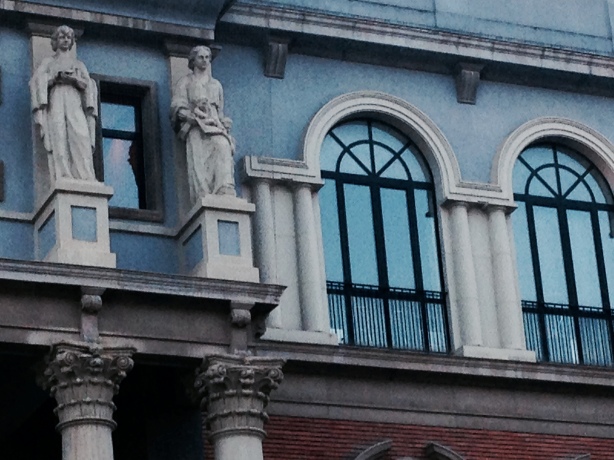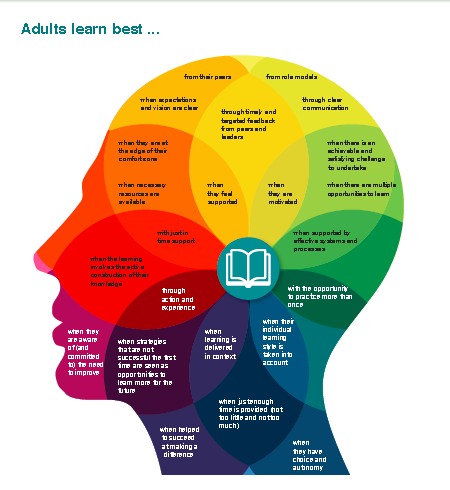Resolución de 26 de noviembre de 2014, de la Comisión Nacional Evaluadora
de la Actividad Investigadora, por la que se publican los criterios específicos
aprobados para cada uno de los campos de evaluación.
Campo 11. Filosofía, Filología y Lingüística
1. Todas las aportaciones deberán ser clasificables como ordinarias según la Orden de 2 de diciembre de 1994. Las aportaciones serán valorables si representan algún tipo de avance del conocimiento o una innovación de carácter metodológico, y se dará preferencia a los estudios analíticos y comparados frente a los puramente descriptivos. No se considerarán las aportaciones que sean reiteraciones de trabajos previos con los que resulten redundantes conceptual y temáticamente, salvo si contienen elementos innovadores.
2. A excepción del área de conocimiento de Biblioteconomía y Documentación, la participación de más de un autor debe estar plenamente justificada por la complejidad del tema y/o la importancia del trabajo. En cualquier caso, la existencia de más de un autor ha de justificarse, explicándose cuál ha sido contribución de cada uno de los firmantes en la aportación.
3. En cuanto a artículos publicados, para la consideración de la calidad de las revistas en donde éstos se publican se tendrá en cuenta su clasificación en bases de datos de referencia del área específica en que estén recogidas, que deberá ser al menos de nivel medio. Para ello se considerará la información ofrecida en Ulrichsweb, CAPES, en el «European Reference Index for the Humanities (ERIH Plus)» de la ESF, MIAR, in~RECH, RESH, DICE, CARHUS+, etc. Asimismo se tendrá en cuenta como referencia de calidad la inclusión en bases de datos internacionales como el «Arts and Humanities
Citation Index» del «Web of Science», «Journal Citation Reports, Social Sciences Edition» y en Scopus. No se tendrán en cuenta las publicaciones en la revista en la que el solicitante forme parte del comité de redacción.
4. En la evaluación de los libros y capítulos de libros, se tendrán en cuenta el número de citas recibidas, el prestigio de la editorial, los editores, la colección en la que se publica la obra, las reseñas en las revistas científicas especializadas, las traducciones a otras lenguas, y su inclusión en bibliografías independientes del autor y su entorno. Deberán reflejar claramente que son fruto de la investigación o de la reflexión documentada. No serán consideradas como nuevas aportaciones las traducciones de la propia obra a otras lenguas. No considerarán como aportaciones diferentes capítulos de una obra con el mismo ISBN. La reiterada publicación en los medios editoriales del ministerio, autonómicos o locales podrá reducir la ponderación final de la evaluación. Con carácter orientativo podrán utilizarse los ránquines publicados en Scholarly Publishers Indicators. Se considerarán las aportaciones de investigación, las ediciones críticas que presenten un estudio razonado de la fijación del texto, con la correspondiente mención de fuentes, variantes textuales y que lleven un estudio introductorio que suponga una aportación al conocimiento. Este mismo criterio se aplicará a las traducciones. Por el contrario, las simples revisiones de textos para su publicación, no merecerán esta consideración.
5. En el campo de la estética y la teoría de las artes, también se estimará el comisariado de exposiciones en cuyos catálogos se aporten novedades relevantes de investigación con repercusión en los medios especializados nacionales e internacionales.
6. Aplicando lo anterior, no se tomarán en consideración:
a) Los libros de texto o manuales.
b) Las obras de divulgación.
c) Las enciclopedias.
d) Los artículos de opinión, antologías o diccionarios comunes.
e) Las actas de congresos y los volúmenes de homenaje, que no respondan a
criterios de calidad equiparables a los exigidos para las revistas científicas.
f) Las reseñas y recensiones.
7. Se valorará desfavorablemente la reiterada publicación de trabajos en revistas o editoriales pertenecientes o asociadas al mismo organismo donde el solicitante realiza su investigación.
8. Con carácter orientador, se considera que para obtener una evaluación positiva, en las áreas de Filosofía, Filología y Lingüística, al menos una de las aportaciones debe ser un libro monográfico de investigación que cuente con difusión y referencia internacionales y cumpla los requisitos que se indican en el apartado 4; o bien que dos de las aportaciones sean artículos publicados en revistas de rango internacional que cumplan los criterios indicados en el apéndice I de esta resolución; o bien que una de las aportaciones sea un artículo en una revista internacional de impacto y la otra un capítulo de libro en un volumen internacional que cumpla los requisitos indicados para éstos».



